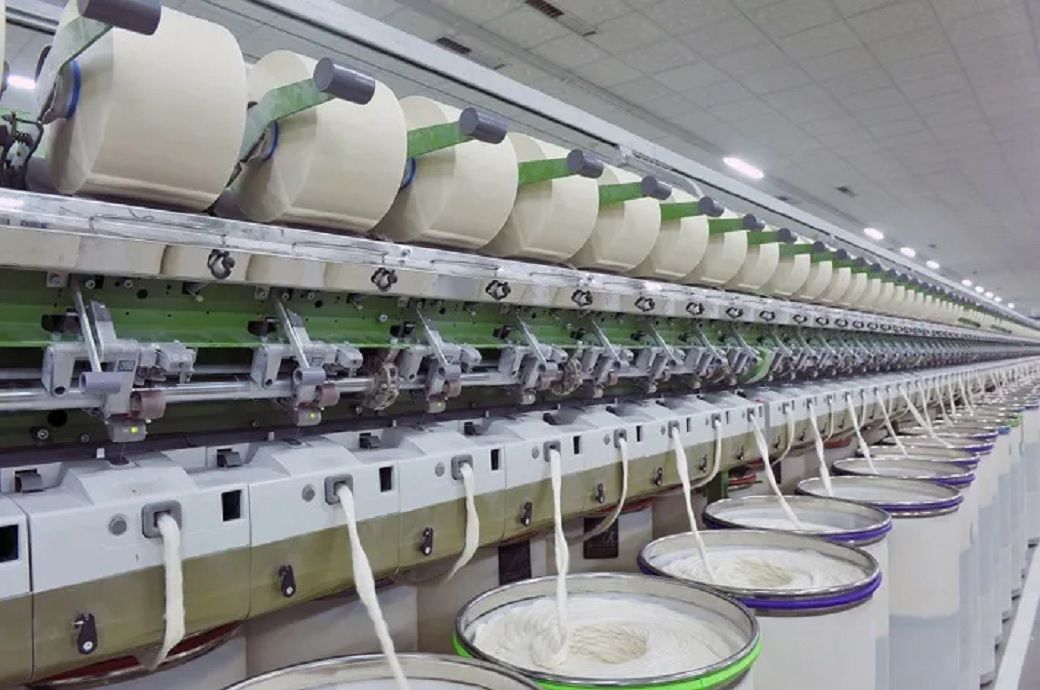
The popularity of more durable and less expensive polyester is also to blame.
In a publication discussing the status of the second-hand economy in the country, KIPPRA noted that the country has become dependent on imports of second-hand clothes, with 183,830 tonnes of such apparel being shipped in 2021.
“The estimated annual consumption of cotton by the textile mills is estimated at 8,000MT (41,200 bales), and the ideal demand to meet national requirements is 26,000MT (140,000 bales),” says KIPPRA. “These statistics show that the high potential of the textile industry is curtailed by undersupply of cotton raw materials,” it noted.
Major reasons for the undersupply, the institute added, are the constraints faced by cotton farmers, including the decline in seed cotton production, low quality of cotton seeds leading to declining yields, and relatively high costs of production due to low productivity.
Cotton growing in the country is done by small-scale farmers on land averaging one hectare (per farmer) and is mostly intercropped with other food crops, KIPPRA said. There are about 40,000 small-scale cotton farmers compared to 200,000 in the mid-1980s.
KIPPRA said the Kenya Agricultural Livestock and Research Organisation (KALRO) should be adequately funded to improve cotton seed research and development, according to a Kenyan newspaper report.
The textile industry is also facing increased business costs like high electricity expenses, and these have affected their competitiveness, KIPPRA added.
ALCHEMPro News Desk (DS)
Receive daily prices and market insights straight to your inbox. Subscribe to AlchemPro Weekly!